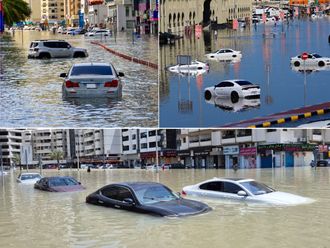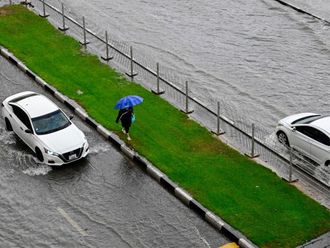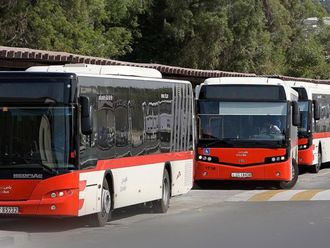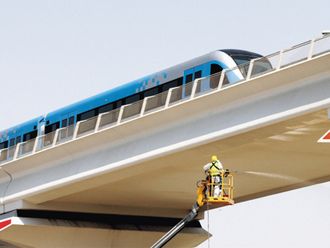Dubai: Reducing the minimum age of drivers from the current 18 years may not improve road safety, a senior Roads and Transport Authority (RTA) official told Gulf News. The official also proposed a novice driving programme for new drivers.
Ahmad Hashem Bahroozian, CEO of the RTA’s Licensing Agency, gave his opinion following recent reports about a federal proposal to allow those younger than 18-year-old to apply for vehicle operating licences.
Gulf News reported last month that Dubai Police submitted a proposal to the Federal Traffic Council to reduce the minimum driving age by one to two years.
Major General Mohammad Saif Al Zafein, Assistant to the Dubai Police Chief for Operations’ Affairs and Chairman of the Federal Traffic Council, has said that, based upon police statistics, drivers aged between 18 and 21 are less likely to cause accidents, which is the reason police would consider reducing the minimum driving age.
“If teenagers at age 16 or 17 are allowed to get their driving licence, it will prevent them from driving in an illegal and dangerous way, threatening their own lives and the lives of others,” he told Gulf News last month, following last month’s meeting of the Federal Traffic Council.
At the same time, Bahroozian, of the RTA’s Licensing Agency, which regulates and issues driving licences, does not seem to agree with lowering the driving age.
“I’m aware that there are some discussions going on right now at the federal level to lower the minimum driving age. But I believe it’s not particularly a great idea. Our data suggests that young people are more prone to rash driving, and I would prefer to keep the current age limit of 18 years,” Bahroozian said.
Arguing against such a move, he added, “I wouldn’t prefer legalising driving for underage boys, just because they are breaking the law. I would rather reign in the lawbreakers.”
Restricted driving
However, Bahroozian has proposed a novice driving programme for new drivers, whether or not the age limit is reduced.
The programme includes placing certain restrictions on new licence holders for a period of six months or one year, until they become familiar with the conditions on the nation’s roads.
“The novice driving programme can certainly help reduce accidents among new drivers, and it can help them prepare for the roads in a better way. The programme calls for certain restrictions on new drivers, such as not driving on highways for a certain period without an experienced driver accompanying them, or restrictions on night driving,” said Bahroozian, describing the proposed features of the programme.
He said the programme has been in place in several developed countries where road safety is rated highest, such as Norway, Sweden and other countries.
“We have successful models from where we can learn and implement the best practices. I, personally, believe the novice driving programme is the best way to improve safety on the roads and build confidence in drivers gradually,” Bahroozian added.
He further added, “When a driver completes driving school, he or she is trained only on the basics of driving. The cars that they are trained on are also basic models, so how would you expect them to control a sports car, all of a sudden? That’s where the problem lies, and with the novice driving programme this can be corrected.”
The proposal is currently being studied by the Ministry of Interior and, if implemented, young drivers might have certain restrictions while driving on the road.












